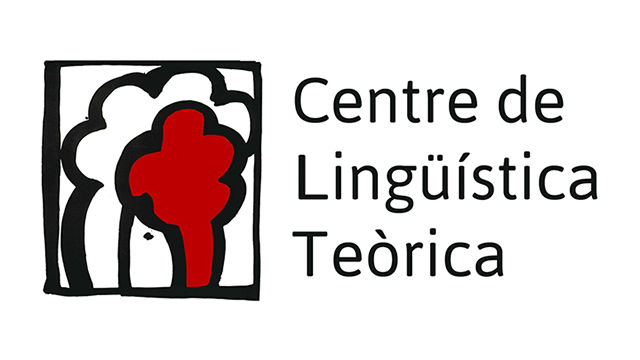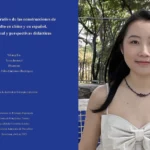
Evelina Leivada: Where do Adjective Ordering Restrictions Come From?
Seminari del CLT
Where do Adjective Ordering Restrictions Come From?
EVELINA LEIVADA (U. of Tromsø)
Divendres, 24 de maig de 2019
Aula 202, 15:30
Linguists have often noted that adjective ordering shows a cross-linguisti
The present study aims to tap into the universality and the rigidity of adjective ordering restrictions from a psycholinguisti
Our subjects largely accepted the incongruent orders as correct across conditions.The absence of any context-given information in our task entails that speakers could not have interpreted the incongruent orders under a contrastive focus reading that would legitimize the violation of the hierarchy. We discuss our results in the light of different hypotheses, both within and outside the cartographic approach, ultimately suggesting that they grant support to the second approach to ordering restrictions.


